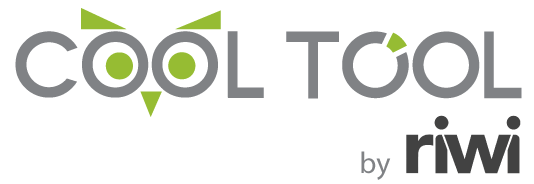Shaelyn Laurie, Jason Cho, and Danielle Goldfarb
While traditional public polls called for a tighter race between Emmanuel Macron and Marine Le Pen in the 2022 French elections, RIWI’s technology showed that the gap in the second round would be wider, and correctly anticipated the size of the gap.
As polls started to suggest that French President Emmanuel Macron’s reelection would not be a foregone conclusion, a global finance firm hired RIWI to provide an alternative, evidence-based lens for investment decisions that might be affected by post-election policy shifts. This firm, which has hired RIWI for election prediction work in multiple countries, was skeptical about the reliability of public polls and wanted to confirm or challenge publicly available polling trends.
RIWI was asked to look for evidence to confirm, nuance, or reject what the polls were seeing. Each day over the two weeks leading up to the election, RIWI technology reached a broad-based, diverse, unique, and random sample of people in France. Respondents included those who don’t typically answer or even get asked to answer election polls.
RIWI reported to the client 5 days before the election, and one day before the televised debate, that RIWI respondents expected that Macron would win the election with a larger margin of victory compared to what the media polls were showing. Overall, RIWI data showed that 59% of decided voters predicted Macron would win, matching the 58.5% of votes that Macron received in the second round of the presidential election.
The results illustrated that RIWI’s method is not biased towards one side of the political spectrum. In the 2016 and 2020 US elections, RIWI respondents correctly predicted tighter races than traditional polling methods which expected more support for the Democrats than did the actual results. By contrast, in the 2022 French election, while polls called for a tighter race between Emmanuel Macron and far right candidate Marine Le Pen, RIWI’s technology correctly showed there was actually more support for Macron.
In total, RIWI randomly engaged 17,692 French respondents, half of those in the final week before the election. To increase the likelihood of truthful responses, RIWI asked respondents to forecast the outcome, in addition to their preferred candidate and voting likelihood. To further increase the chance of truthfulness, RIWI did not collect any personally identifiable information from respondents, unlike mainstream polls. RIWI’s approach differs from that of conventional polls also in that typical polls draw on a pre-identified sample or voter database, which does not represent a truly random sample of the population. As a result, these approaches risk failing to identify new or changing coalitions of support.
RIWI relied on a truly random sample of French people — including the perspectives of those who do not respond to traditional polling methods — rather than trying to sample, or over-sample, various demographic groups based on past voting patterns. Each day in the two weeks before the election, RIWI tested the prevailing wisdom by canvassing the views of a unique, randomly engaged cohort. This approach provided a check on public polling results, and showed the client that Macron would win more comfortably than expected, providing them with increased confidence in their investment thinking.
RIWI respondents have correctly anticipated a range of geopolitical events that conventional approaches missed, including the fall of Mubarak in 2011, Trump’s election win in 2016, a much tighter 2020 US election than the polls expected, and the Brexit vote.
For more information on Random Domain Intercept Technology (RDIT), click here.
